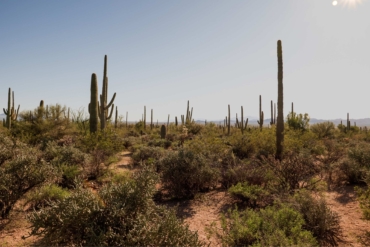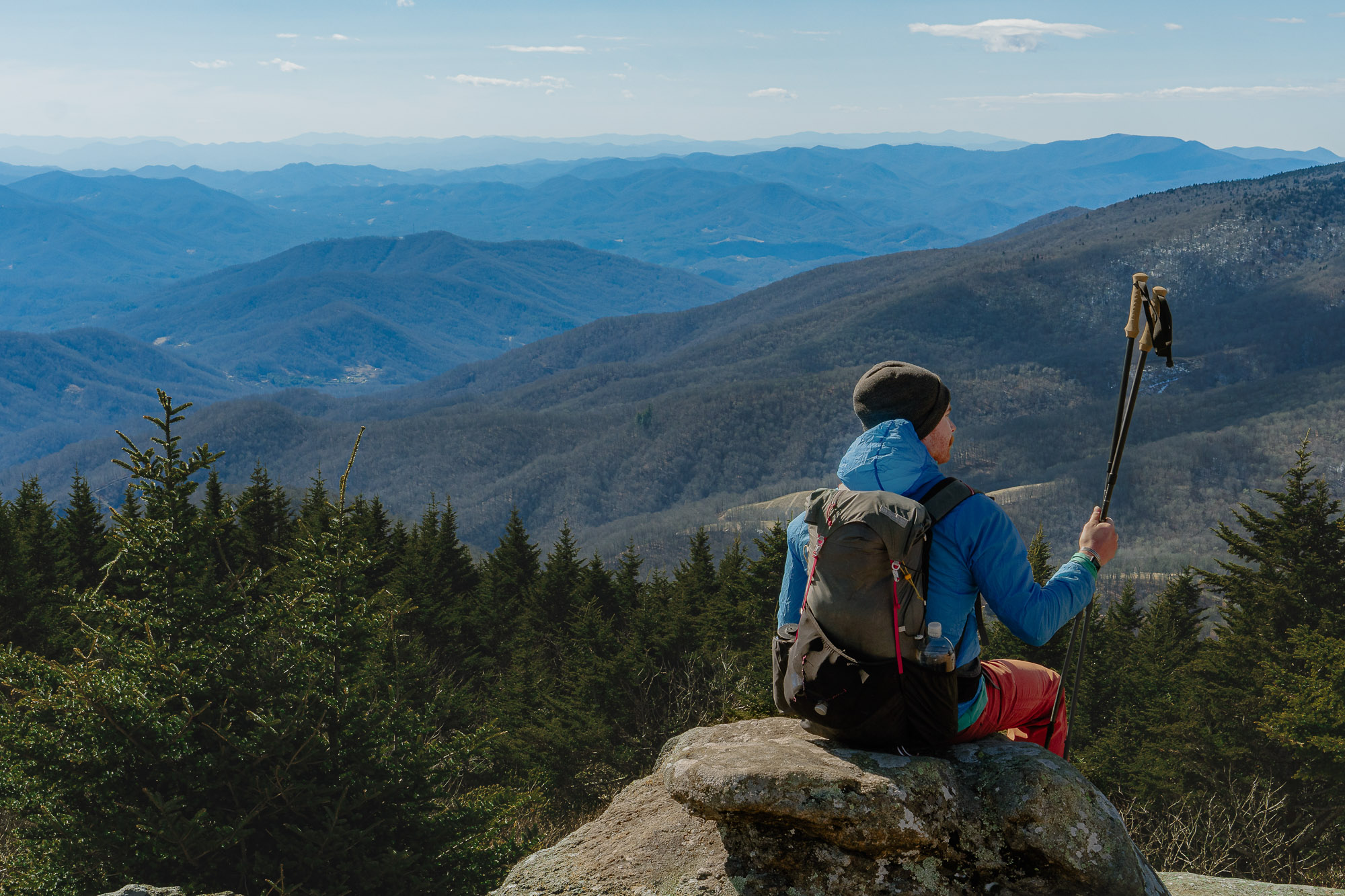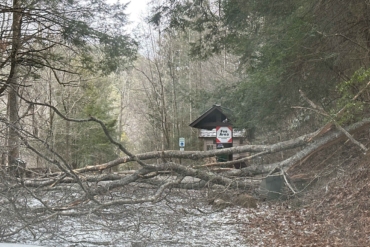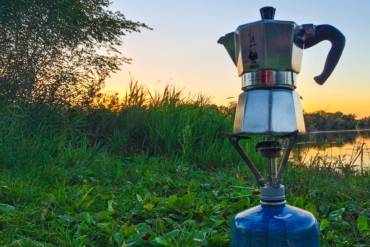In Moab I notice the kind of herd activity that not only stimulates the adrenal glands, but also keeps the herd together in the front country for entertainment, offers a pile of expensive mechanical stuff for purchase or maintenance (kudos to the retailers, profits are up), and hopefully requires the services of as many paid professionals as possible (more money changing hands). Think rock climbing, canyoneering, mountain biking, guided group hikes, and river rafting on “Moab’s Daily,” the nickname of a convenient stretch of the Colorado River that must be one of the busiest whitewater runs in the West. Extreme “adventure” is of course about getting high, dosing on dopamine, the pleasure neurotransmitter. This is the pattern of behavior in drug addicts, drunks and gamblers.
The adrenalized relationship with the natural world is also an experience of human conquest – the peak-bagger’s pathology. Ironically, it’s not much different from the benighted mindset of corporate accountancy: How many cliffs base-jumped? How many extreme trails conquered? Faster, more. And always the adrenalin payoff.
Ronni Egan, who is 67 and happened to go on a backpack into Colorado’s San Juan Mountains last summer with Steve Allen, tells me that “backpacking is dying” because younger people are leery of the unglamorous labor required for stepping off pavement, and too occupied with the easiness of TV, Play Stations, X-Boxes, Facebook, smartphones and “everything else with an electronic screen,” along with organized sports and other scripted activities, which includes the gym, shopping and “mall ratting.”
Aging backpackers like Egan of course mourn the consequences of the death or decline of what they like to do. But the issue is more serious than that. I believe that our 21st century civilization will miss the radical encounter with the non-human: the visceral experience of days in wilderness alone, in vast and complex natural systems not controlled by humans, not arranged entirely for human convenience, not plagued by human noise. This matters more than ever at a time when our natural systems, on a planetary scale, appear to be in full rebellion against human convenience.
The best action we can take to keep our kind of outdoor rec alive: Go backpacking. Demonstrate it and celebrate it, “not as a mere sport or plaything excursion,” as John Muir advised, “but to find the law that governs the relations subsisting between humans and nature.” Or as Abbey wrote: “We are committed, my legs and I; there is no turning back. I shoulder the pack, resume the trek, the step-by-step progress into … an infinite regress. … I am the tortoise.”
—Christopher Ketcham divides his time between Brooklyn, N.Y., and Moab, Utah, and writes for a range of national publications.





